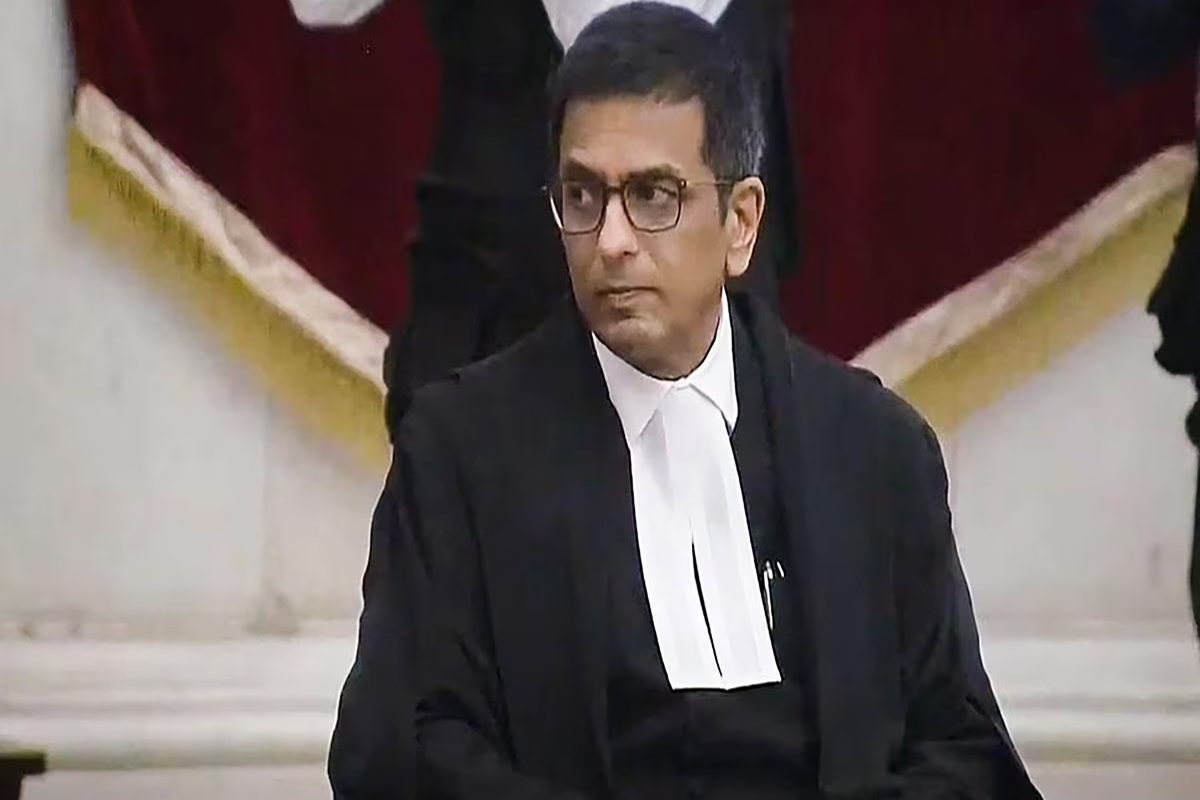Referring to the recent developments in Bangladesh, the Chief Justice of India, Justice D.Y. Chandrachud said on Thursday that it is easy to take liberty and freedom for granted, reminding how precious liberty and freedom is for us and exhorted the members of the legal fraternity (Bar) to guard it.
Dwelling on the importance of liberty and freedom, the Chief Justice Chandrachud said, “We chose in 1950, the uncertainty of freedom, and what is happening today, say, in Bangladesh is a clear reminder of how precious liberty is for us. It is very easy to take liberty and freedom for granted but it is important to understand (and remember) the past stories to remind us how important these things are.”
Advertisement
Referring to the distinguished thinkers and writers from across the country in the past centuries, including Kabir and Gurudev Rabindra Nath Tagore, who had flagged by the issues that are essential to human life, the Chief Justice quoted one thinker who had way back in the year 503 asked as to “what is worse than the poverty” — a constitutional question that Babasaheb Bhimrao Ambedkar had asked us – what is worse than poverty.
The Chief Justice said this in his address at the Independence Day function organised at the Supreme Court premises today morning .
“We all speak about the constitution in the backdrop of the colonial era and what our country suffered,” Chief Justice Chandrachud said, adding on the Independence Day we honour those who live this life and work to make it greater.
Referring to a piece by a noted Karnataka vocalist Chitra Sri Krishna titled the songs of freedom, the Chief Justice said, “The idea of liberty is woven into the fabric of India poetry.”
Referring to Babasaheb Ambedkar, Jawahar Lal Nehru, Alladi Krishnaswamy Iyer, Govind Vallabh Pant, Devi Prasad Khaitan, Sir Syed Mohammed Saadullah and others who gave up their legal practice s and joined the freedom struggle, he said these freedom fighters were “instrumental not only in achieving freedom for India but also establishing a fiercely independent judiciary.”
Stressing the continued role of the legal fraternity in keeping the judiciary independent and robust, the Chief Justice said, “Lawyers and the Bar have been a constant force of good in our country even after independence. The Courts are vital to uphold the rights and dignity of citizens.”
He said that the Bar, wedded to the Constitution and the rule of law, is vital to uphold the conscience of the Courts and they are the crucial link between the people and the judges. They help us absorb the pain and the pulse of the people.
CJI said, “As a judge for the past 24 years, I can keep my hand on my heart and say that work of court reflects the struggle of ordinary Indians navigating the rough and tumble of their daily lives. The Supreme court of India sees throngs of litigants from villages and metropolitan cities of all the regions, castes, gender, and religions seeking justice. The legal community allows the court to do justice to these citizens in those small measures.”
















